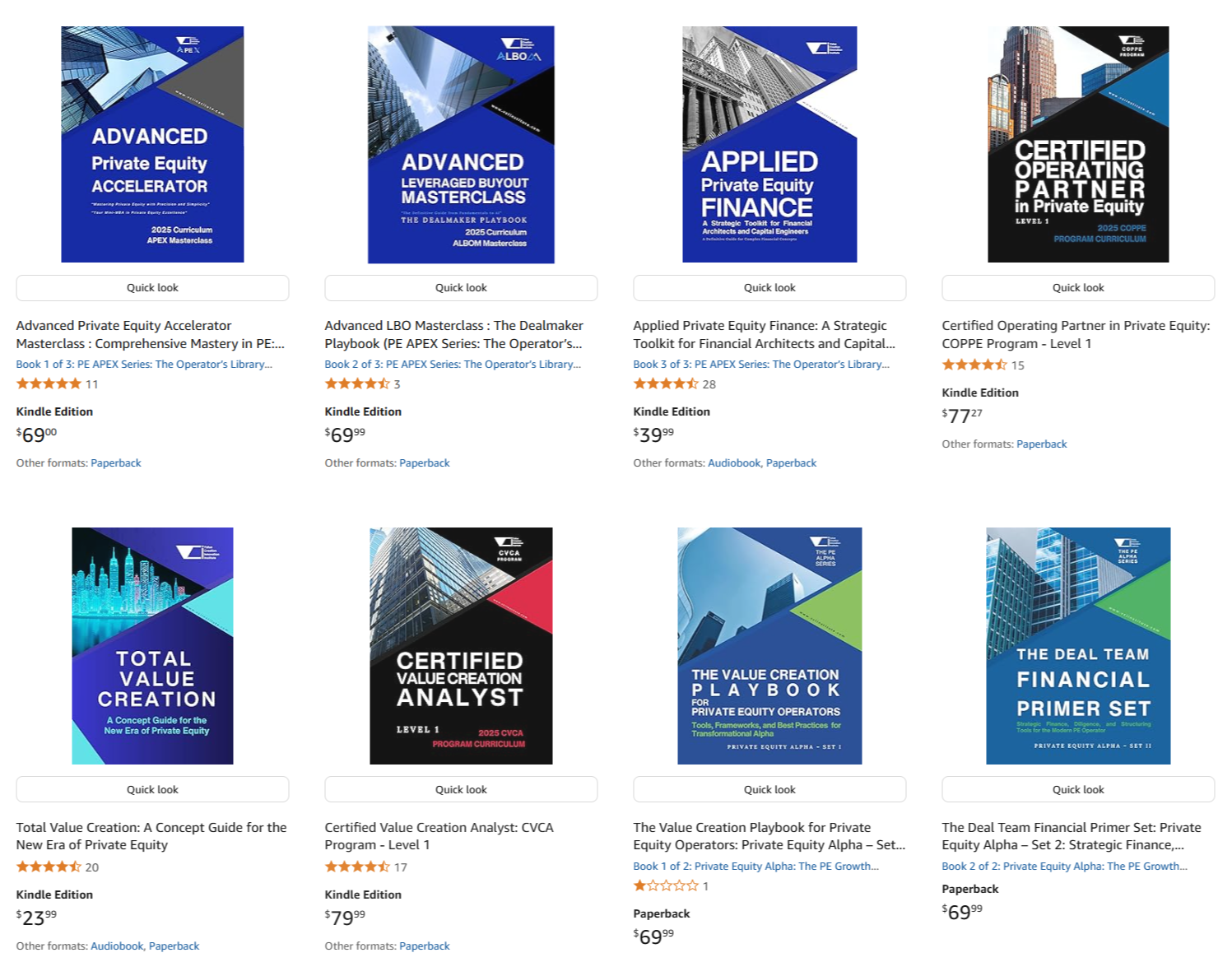Tarriff Wars and Cross-Border Deal-Making: How Private Equity is Adapting to a Fragmented Trade Environment
Jun 30, 2025
In an era of rising protectionism and geopolitical competition, global private equity (PE) firms are facing a new reality: cross-border deal-making is no longer a straightforward exercise in market arbitrage. Tariff wars between major economies, particularly between the U.S., China, and the European Union, have introduced complex risks into international transactions, upending traditional value drivers and prompting a revaluation of global investment strategies.
For decades, cross-border deals offered private equity firms access to new markets, lower-cost labour, and supply chain efficiency. Now, they face an environment shaped by retaliatory tariffs, regulatory tightening, and shifting political alliances. The strategic calculus for international transactions changed.
The Cost of Protectionism
Tariffs increase input costs, create compliance complexity, and reduce forecast certainty. Industries such as manufacturing, technology, and consumer goods are exposed, with tariffs increasing the cost of intermediate goods and components. According to Bain & Company’s Global Private Equity Report 2025, over 65% of surveyed GPs reported that trade frictions had directly influenced their international investment decisions, leading many to delay or cancel cross-border activity (Bain, 2025).
This cost pressure is not limited to the balance sheet. Tariffs and trade disputes increase reputational and execution risk. Private equity investors are evaluating deals not only based
on financial metrics but also on regulatory resilience, supply chain localization, and the political stability of target jurisdictions.
Nearshoring and “Friendshoring” on the Rise
As a result, private equity firms are pivoting from traditional globalization to more regional and politically aligned investment strategies with an increased emphasis on “friend-shoring,” targeting countries with favourable trade relations and regulatory cooperation.
According to McKinsey’s Global Private Markets Review 2025, cross-border deal volume into politically sensitive markets such as China and Russia has declined significantly while investing in Latin America, Eastern Europe, and Southeast Asia. Mexico, in particular, has benefited from its geographic and trade proximity to the United States, becoming a key hub for nearshoring manufacturing platforms (McKinsey, 2025).
This reallocation is not merely defensive. Firms are proactively acquiring logistics assets, domestic suppliers, and regional market leaders to insulate portfolios from global disruptions. By controlling more of the supply chain and operating in tariff-insulated zones, firms can preserve margins and improve deal predictability.
Deal Structuring and Risk Pricing
The evolving trade environment has also reshaped how deals are priced and structured. Private equity firms are increasingly accounting for tariff exposure and currency volatility in their models. Debt financing for cross-border transactions has become more conservative, with lenders demanding tighter covenants and greater clarity around geopolitical risks.
Additionally, general partners are reevaluating expected holding periods and exit strategies. In markets where regulatory headwinds are strong, firms may choose to extend investment timelines or seek exits through domestic consolidators rather than international sponsors.
A Strategic Opportunity for Agile Firms
Despite the challenges, trade disruption presents opportunities for well-positioned firms. Assets impacted by tariff shifts can become attractively priced, particularly when sellers are under pressure to divest their holdings. Infrastructure investments, such as ports, railways, and warehousing, are gaining traction as private equity firms seek control over logistics and distribution amid ongoing supply chain bottlenecks. Boston Consulting Group’s Sustainability in Private Equity 2024 report highlights a growing interest in “resilient infrastructure” as a hedge against geopolitical instability (BCG, 2024). Private equity firms that adopt this approach are not merely reacting to the trade environment; they are using it as a differentiator to generate long-term strategic value.
Conclusion
Tariff wars and trade fragmentation have transformed the private equity landscape. What was once a globally integrated investment ecosystem is now a web of localized, politically sensitive, and operationally complex opportunities. In this new era, successful private equity firms will not be those who avoid international risk. On the contrary, those who embrace it with discipline, foresight, and operational sophistication.
As globalization gives way to regionalism, cross-border private equity will evolve. Those firms that build geopolitical risk into their playbooks and invest in resilient, strategically located assets will emerge as leaders in the next generation of global investing.
Sources
Edlich, A., Croke, C., Dahlqvist, F., & Teichner, W. (2025). Braced for shifting weather. global-private-markets-report-2025-braced-for-shifting-weather.pdf. https://www.mckinsey.com/~/media/mckinsey/industries/private%20equity%20and%20principal%20investors/our%20insights/mckinseys%20global%20private%20markets%20report/2025/global-private-markets-report-2025-braced-for-shifting-weather.pdf
Entraygues, B., Romagnoli, A., & Morley, B. (2024, October). Sustainability in private equity, 2024. https://web-assets.bcg.com/8f/95/b5c45ca343d69d5a51dc60af0272/sustainability-in-private-equity-2024-oct-2024.pdf
MacArthur, H. (n.d.). Global private equity report 2025. Bain. https://www.bain.com/insights/topics/global-private-equity-report/
We have many great affordable courses waiting for you!
Stay connected with news and updates!
Join our mailing list to receive the latest news and updates from our team.
Don't worry, your information will not be shared.
We hate SPAM. We will never sell your information, for any reason.


